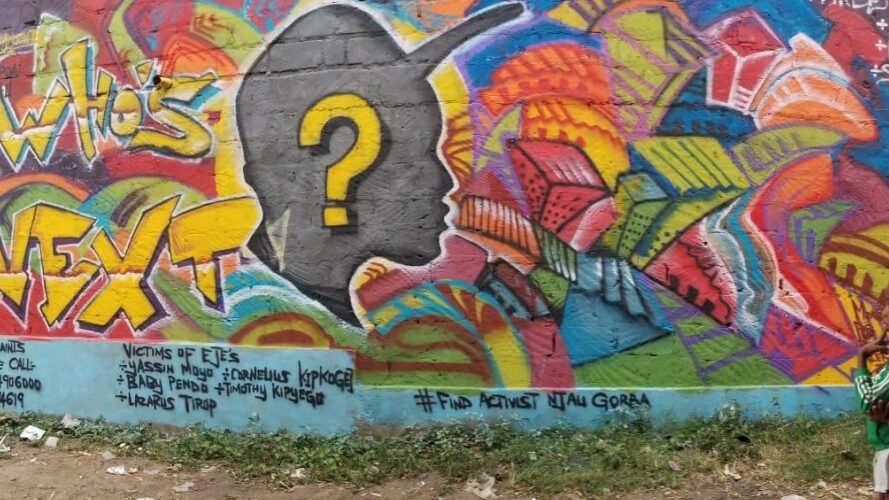Kenya Launches Policy to Protect Kenyans from False Charges
Police Abuse of Power
Since August 2018, IJM has supported the Kenyan Office of the Director of Public Prosecutions (ODPP) as part of a task force set up to develop guidelines for prosecutors to follow as they make decisions on charges against accused persons.
In November 2019, the Taskforce report and guidelines was handed over to the ODPP and IJM developed an implementation plan for rolling out the new guidelines and training prosecutors on their use. This launch was initially scheduled for March 2020, but had to be postponed due to the COVID-19 pandemic. The launch was at last able to take place via a virtual event on July 28th, 2020.
This project will ensure ODPP prosecutors consistently apply evidential and public interest tests when making the decision to charge. This will prevent criminal proceedings being instituted in cases with insufficient evidence, thus significantly reducing the backlog of cases in the criminal justice system.
As a summary:
The guidelines cover the conduct of prosecutors, their powers, roles and duties in relation to guiding investigations and making the decision to charge, the independence of prosecutor in making the decision to charge, duties of disclosure, continuing review and general guidance on discontinuance, plea bargaining, diversion, appeal and revision.
In appreciating that poor decision-making can have profound consequences for accused persons, victims, witnesses and the Kenyan public, these guidelines are specially aimed at equipping prosecutors to independently and objectively exercise their role as gatekeepers to the criminal justice system.[1]
Due to COVID-19, prosecutors will be trained virtually through an online learning management system.
[1] Guidelines on the Decision to Charge, 2019. Office of the Director of Public Prosecutions, Kenya